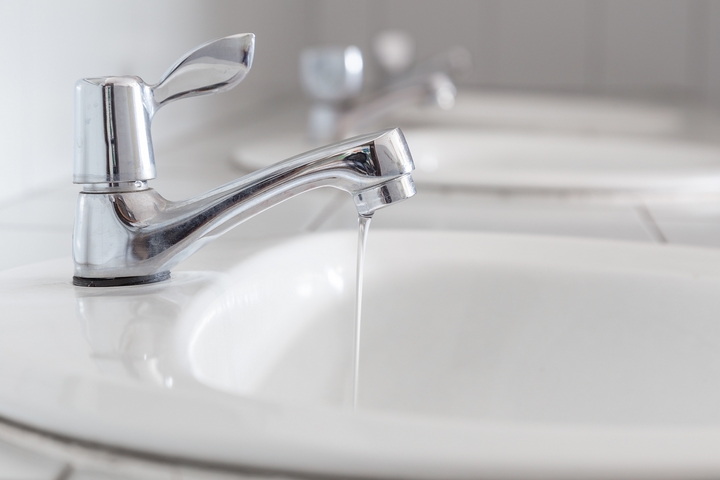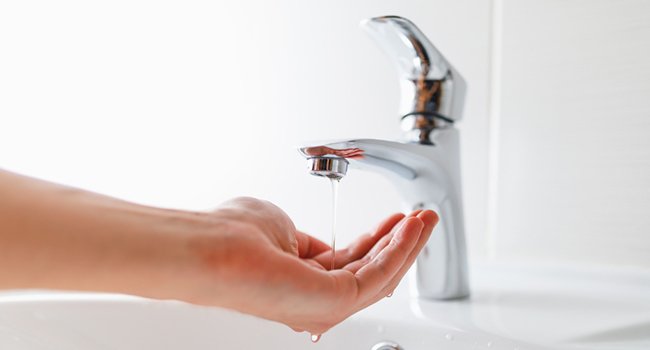Methods to Fix Low Water Pressure in Your Home
Methods to Fix Low Water Pressure in Your Home
Blog Article
How do you really feel in regards to 9 Reasons for Low Water Pressure in Your House?

Low water stress in your house can be an aggravating trouble, affecting everything from bathing to washing dishes. If you're experiencing weak water flow, there are a number of possible reasons and solutions to explore. In this guide, we'll talk about common factors for low tide pressure and practical actions to address the issue properly.
Intro to Low Tide Pressure
Low tide stress happens when the flow of water from your faucets, showers, and other components is weaker than typical. This can make everyday tasks more challenging and much less efficient. Understanding the sources of low water pressure is important to discovering the best service.
Usual Sources Of Low Tide Stress
Faulty Stress Regulatory Authorities
Pressure regulatory authorities are accountable for maintaining constant water pressure in your house. If they malfunction, it can cause low water stress or irregular circulation throughout the house.
Community Supply Of Water Issues
In some cases, the problem exists outside your home. Metropolitan water supply concerns, such as main line leakages or maintenance work, can briefly decrease water stress in your area.
Pipeline Obstructions
Gradually, pipelines can come to be blocked with mineral deposits, debris, or debris, limiting the circulation of water. This is a common problem in older homes with galvanized steel pipes.
Rust
Deterioration within pipelines can bring about leakages and reduced water stress. Corrosion accumulation can constrict water flow, especially in maturing plumbing systems.
How to Detect Low Water Pressure
Evaluating Pipes
Evaluate visible pipes for signs of leaks, corrosion, or clogs. Take notice of any type of uncommon noises, such as knocking or rattling pipes, which might indicate problems within the plumbing system.
Consulting with a Plumber
If you're incapable to identify the reason for low water stress, consider hiring a specialist plumber to conduct a comprehensive inspection. They can identify underlying issues and suggest proper remedies.
Checking Taps and Components
Begin by checking the water pressure at various faucets and components throughout your home. If the concern is isolated to specific locations, it may suggest localized troubles.
Do It Yourself Solutions to Repair Low Water Pressure
Flushing Hot Water Heater
Debris buildup in the hot water heater can limit flow and reduce effectiveness. Purging the storage tank occasionally helps eliminate debris and keep ideal efficiency.
Checking Pressure Regulator
Make certain that the pressure regulatory authority is functioning properly. Changing or replacing the regulator can aid recover proper water stress throughout your home.
Cleansing Aerators and Showerheads
Natural resources can accumulate in aerators and showerheads, reducing water circulation. Get rid of and clean up these components regularly to enhance water pressure.
Cleaning Clogs in Pipes
For small blockages, attempt using a plumbing serpent or chemical drainpipe cleaner to clear obstructions in pipes. Beware when using chemicals and comply with security standards.
When to Call a Specialist Plumber
If DIY efforts stop working to fix the concern or if you suspect considerable plumbing troubles, it's finest to look for assistance from a licensed plumber. They have the proficiency and devices to deal with complicated problems securely and effectively.
Preventive Measures to Maintain Water Pressure
Installing a Pressure Booster
Take into consideration installing a stress booster pump to improve water stress in locations with regularly reduced flow. This can be specifically beneficial for multi-story homes or residential or commercial properties with high-demand fixtures.
Tracking Water Use
Be mindful of water usage behaviors and avoid ill-using the plumbing system. Easy changes, such as astonishing showers and washing loads, can help maintain ample water stress.
Normal Upkeep
Set up regular maintenance for your plumbing system to avoid problems such as rust, leaks, and clogs. Dealing with minor troubles early can assist prevent even more considerable fixings in the future.
Conclusion
Handling low water pressure can be irritating, yet identifying the underlying reasons and applying appropriate solutions can restore optimum circulation throughout your home. Whether it's cleansing aerators, checking pipes, or seeking advice from a plumber, taking positive steps can make certain a stable supply of water for your daily demands.
FOUR WAYS TO FIX LOW WATER PRESSURE NOW
Turning on a shower or faucet only to find the water comes out in a sad, slow drizzle is never a good feeling. How exactly are you supposed to wash a pan or take a quick shower when it takes 10 minutes just to rinse off a little soap? The good news is that when your water pressure is bad, there's always a cause: typically one that can be easily fixed. Here are some of the most common causes of low pressure and what you can do to fix the issue:
DEBRIS AND MINERAL DEPOSIT BUILDUPS
If you notice low water pressure from just one or two of the fixtures in your house, the problem likely has to do with debris buildup. Water is full of minerals and other debris, all of which can accumulate in your pipes and on your fixtures. This can cause a blockage that affects how much water flows through. To fix this, try filling a small plastic bag with white vinegar, and use a rubber band to hang it around your showerhead or faucet. Let the head of the fixture soak for a few hours, and the vinegar should loosen the deposits.
WATER LEAKS
Leaks are another common cause of low water pressure. If water is flowing out of your plumbing through a hole or crack before it can reach your fixture, the pressure coming out of the faucet or showerhead will be lower. A plumbing professional is your best bet for finding and repairing a leak in your water supply pipes.
Leaks are another common cause of low water pressure. If water is flowing out of your plumbing through a hole or crack before it can reach your fixture, the pressure coming out of the faucet or showerhead will be lower. A plumbing professional is your best bet for finding and repairing a leak in your water supply pipes.
A VALVE ISSUE
If you have low water pressure throughout your home, check your main shut-off valve to make sure it's completely open. You may also want to see if there's a pressure-reducing valve installed. If there is, have a plumber help you adjust the settings to get the pressure you're looking for.
OTHERS USING WATER
Believe it or not, your low water pressure could be caused by your neighbors. If you notice low pressure at certain times of day, it may be because you and the people living next to you have similar schedules - when everyone is showering at the same time, the pressure will be lower in every home. Low pressure throughout the neighborhood may also be caused by an issue with your municipal water supply. If that's the case, call the supplier to see if they're working on the issue.
https://www.rotorooter.com/blog/water-leaking/low-water-pressure-fixes/

As a passionate reader on Low Water Pressure in the House?, I think sharing that piece of content was a good thing. Do you know about somebody who is excited by the topic? Please feel free to promote it. We love reading our article about 4 Ways to Troubleshoot Low Water Pressure.
Visit Website Report this page